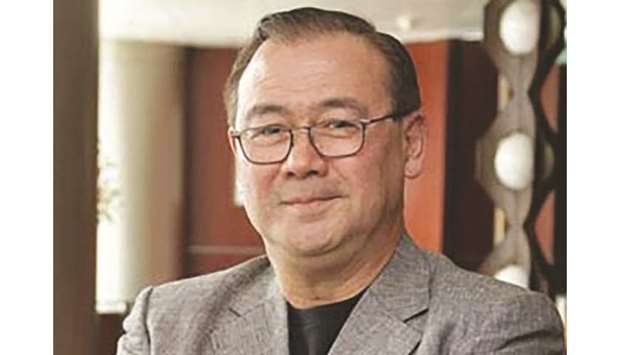The global development agenda should include the protection of young people from the evils of drug abuse, Foreign Affairs Secretary-designate Teodoro Locsin Jr. said, pointing to the Philippines’ youthful population.
Addressing the Asia-Europe Meeting in Brussels, Belgium last week, Locsin noted that the Philippines was experiencing a “demographic sweet pot.”
“Here supposedly is a vast store of potential energy and innovation. But it won’t be realised without right policies and programmes,” he said.
“The demographic dividend doesn’t come with ingrained business plans and specific job skills. It is a raw energy but with a moral dimension for being valuable in itself as composed of people,” Locsin added.
Thus, countries have a social and political obligation to realise the “youths are socially useful and at the same time self-satisfying development.”
“Their development is not merely instrumental, even for those greater purposes to which totalitarian states are partial. Youth development is in and for them,” he said.
“They must be educated for the times, kept healthy in present and improving conditions, and protected against the worst scourge of mankind: drugs and human trafficking which directly attack the meaning of what it is to be human,” Locsin said.
He acknowledged the importance of the United Nations’ 17 Sustainable Development Goals as the “framework” of Philippine development plans.
“We stress the urgency of reducing extreme poverty which is a drag in progress. It frustrates the moral imperative of universal action: so act that whatever you do is applied to you; summed up as all or none — no one advances at another’s expense,” Locsin said.
The Philippines is committed to developing timely, comprehensive and disaggregated data to better grasp the situation of every citizen, especially the most marginalised, he added.
Locsin noted that the Philippines lies inside a circle of fire and in the path of typhoons of increasing ferocity because of climate change.
“We are continuously engaged in initiatives to address the varying challenges and threats; and to develop co-operation at all levels to reduce the human cost of natural disasters. Nature’s fury cannot be avoided but its worst can be managed,” he said.

Locsin: call to tackle drugs
